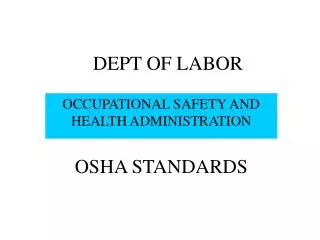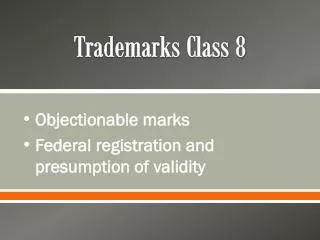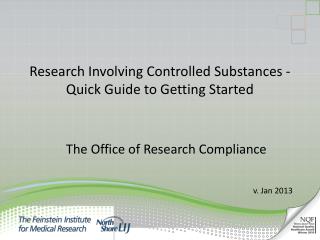Measuring the Results of Donor Supported Business Registration and Licensing
Assignment Solutions, Case study Answer sheets Project Report and Thesis contact aravind.banakar@gmail.com www.mbacasestudyanswers.com ARAVIND – 09901366442 – 09902787224 Business Environment Case Studies CASE STUDY (20Marks) Measuring the Results of Donor Supported Business Registration and Licensing – The case of Minas Gerais in Brazil Minas Geraisis one of Brazil’s 26 states. It is the fourth largest state in the country and the second most populous. The state’s capital and largestcity, Belo Horizonte, is a major urban and finance centre in Latin America and is the sixth largest urban agglomeration in Brazil. The government Descomplicar initiative, meaning “uncomplicate”, was launched in 2007 to promote a policy environment that is conducive to economic development. The program had four goals: Improve relationship between state and private sector; Simplify regulation and reduce bureaucracy; Encourage firm formalization; and Promote economic development. The Descomplicar initiative established a series of working groups around specific program themes: 1. Information campaign: This theme sought to promote the importance of business registration through education campaigns and the distribution of booklets to informal business owners. The media campaign also involved direct work in schools and universities. 2. Bureaucracy reduction: This theme sought to simplify the procedures for starting, maintaining and closing a business, with an emphasis on small and medium enterprises. It included support to all the municipalities in Minas Gerais in the creation of a synchronized business database. 3. Tax guidelines: This theme developed material that described the different conditions for the small and medium enterprises, showing the benefits that businesses receive from government and serves as an enticement to formalization. Government considered it especially important to disclose information on the origin and destination of taxes collected and to create awareness among entrepreneurs of their importance to society. 4. Increased surveillance: Attention was given to educating informal employers about their extralegal status. State and local governments improved their surveillance of the informal sector and distributed the abovementioned booklets on the importance of formalization and its benefits for the business and for society. 5. Financial barriers reduction: Attention was also given to facilitating access to government supported credit lines in an attempt to improve access to credit. Given high levels of informality among firms, a goal of Descomplicar was to encourage firm formalization. To this end, the program conducted a survey of informal firms to obtain information on the barriers to formality from the firm perspective. The most frequently reported barriers identified through this survey were: High tax burden; Too much bureaucracy; High costs of firms registration; Lack of financing; and Lack of information about benefits of being formal. One of the first reforms was to simplify business registration through the creation of a one stop shop for completing municipal, state, and federal registration procedures at the same time and at the same place (known as “Minas Fácil”). Different layers of government mean municipal inspectors don’t enforce state and federal registration. Thus, firms can be partially formal, i.e., complying with local laws, but not state or federal laws. However, through the one stop shop, firms automatically obtain state and federal registration when they obtain a municipal operating license. However, despite this initiative, many firms remained informal. Investigations found that many informal firms were not aware of the simplified process and that there was very little information on the benefits of formalization. Impact evaluation In response, the World Bank and the State of Minas Gerais undertook an impact evaluation from 2010 to 2012 to build knowledge on what works and what doesn't when fostering the formalization of firms, and to use this knowledge to refine policies intended to facilitate formalization among firms in Minas Gerais. This project used a randomized experiment to evaluate the impact of the policies implemented under Descomplicar. The impact evaluation would help refine Descomplicar policies. The evaluation sought to measure which of the following three interventions is most effective at encouraging firm formalization: Intervention 1: Information Brochure: Providing information on the costs and benefits of formalization, financing sources, as well as on the simplified registration process. Intervention 2: Information Brochure and Free Registration: Providing the information above as well as paying registration fees for firms. Intervention 3: Stepping up tax inspections and enforcements. If firms formalize as a results of these interventions, it was also possible to measure the impact of formalization on firm performance. In January and February 2011 the study first conducted an exercise to obtain a list of informal firms located in 605 city blocks. Then, in April 2011, it randomly assigned these blocks into three groups based on the three options described above. Control groups of firms that did not receive any of the three possible interventions were also formed. This allowed for the measurement of spillover effects within blocks by comparing control firms in intervention blocks to firms in control blocks. Answer the following question. Q1. What was Descomplicar initiative? Explain Q2. What were the specific program themes to uncomplicated various issues. Q3. What were the most frequently reported barriers identified through the survey. Q4. Explain the interventions chosen for encouraging firm formalization. Assignment Solutions, Case study Answer sheets Project Report and Thesis contact aravind.banakar@gmail.com www.mbacasestudyanswers.com ARAVIND – 09901366442 – 09902787224
★
★
★
★
★
79 views • 7 slides






